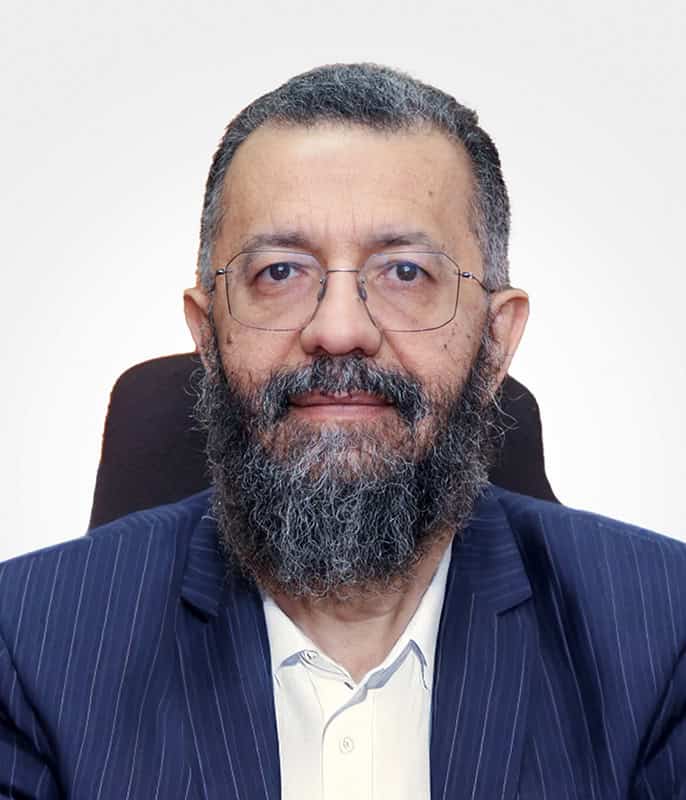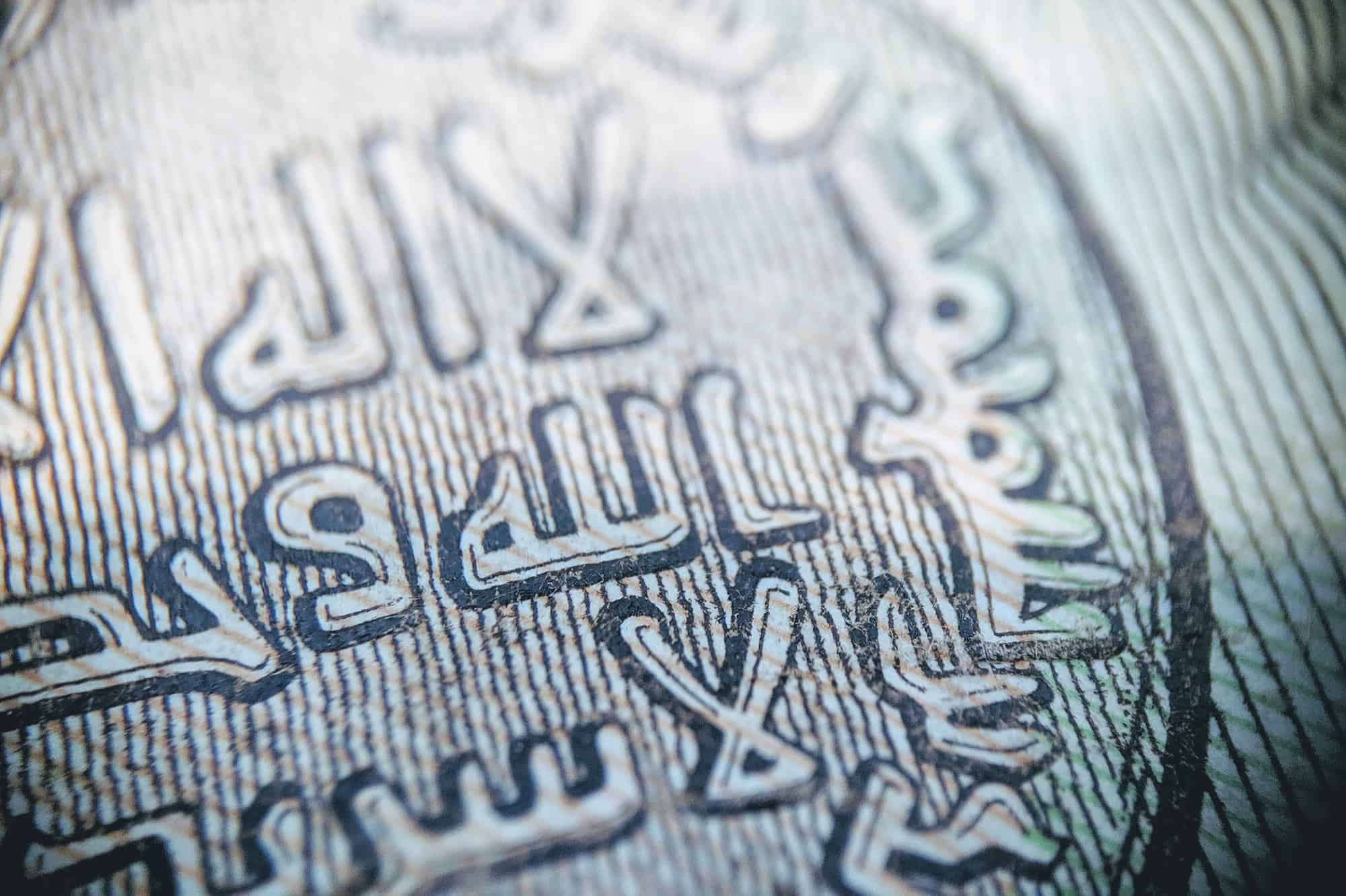Global finance spoke with Youssef Halawi, Secretary General of the Al-Barakah Forum for Islamic Economics, about the role of Islamic finance and economics as a holistic and sustainable framework for all economies.
Global Finance: Against the backdrop of rising debt, geopolitical and economic instability, how is the role of Islamic finance evolving in addressing emerging global challenges?
Yusef Halavi: Despite its centuries-old heritage, Islamic finance is still a relatively young industry. In its modern version, it is actually only half a century old. Sukuk, for example, has been around for less than 20 years, making it relatively new compared to Western bonds.
The problems you speak of are not just domestic or regional in nature – they are truly global in nature, and we see enormous potential for the creativity of Islamic finance to address many of them. Take climate change, for example. Last year’s floods in Pakistan were not the result of local or even regional actions; this is a global problem that can affect any part of the world.
Islamic finance has enormous potential to develop new solutions to these types of problems, and this is precisely the goal of the Al-Barakah Forum as it seeks to spread the principles of Sharia beyond the Muslim community.

GF: Where are the biggest growth opportunities?
State: Apart from the major global centers of Islamic finance such as Malaysia and the Gulf countries, Egypt, Pakistan, Indonesia and Nigeria in particular represent huge growth opportunities for Islamic finance.
Financial inclusion is one way to unlock this potential. In the case of Nigeria, Pakistan and Indonesia, the populations of these Muslim-majority countries are well over 200 million. If you take into account the level of financial inclusion in these countries, the potential of Islamic finance becomes clear.
Türkiye also has great prospects. Islamic finance penetration there is less than 10%, so raising this figure to just 20% would double current penetration rates, highlighting the significant potential of Islamic banking in the country.
GF: What role can Islamic finance play in promoting a more sustainable global economy?
State: The not-for-profit Islamic finance space presents a huge range of opportunities for sustainability and ESG. If we were to, for example, transform the practice of paying zakat from an individual practice to an institutional practice, there would be no limit to this. This will help institutions focus on inequality, just one of the many 2030 Sustainable Development Goals we are still six years away from achieving. Adapting the concepts of waqf and zakat at the institutional level can lead to great changes, especially in the least developed countries of the world.
The broader concepts and standards of Shariah-compliant investment are inherently well suited to a sustainability agenda. Investments in alcohol, tobacco and military activities are prohibited in any case, since these activities are contrary to the well-being of people.
The fundamentals of Islamic finance have much to offer the entire investment industry. Even one of the world’s largest funds, Norway’s $1.6 trillion sovereign wealth fund, is moving closer to Islamic fundamentals. There is enormous potential for further study of this issue at the global level. So many Islamic finance leaders are focused only on the needs of Muslims seeking Sharia principles, but the potential is much greater.
GF: Is it difficult to convey to the younger generation the basic principles and goals of Islamic economics? How does Generation Z perceive the principles of Sharia?
State: This is a great question. Communication with the younger generation is key. Take Turkey for example, where penetration remains below 10% in a country that is 99% Muslim. Why is this?
Twenty years ago, how many banking CEOs were talking about ESG? As new generations become more ethically minded, we hear more and more about the circular economy, green economy and ESG. For example, just a few years ago there was no concern for the environment in the fashion industry. There are now several brands, mostly European, whose models are completely based on the circular economy.
We need to consider these factors when communicating with Generation Z. We need to understand that they are looking for a digital economy, that ethical issues are important to them and that they are driven more by values than by brands. There has been a lot of research done on this topic and this is a big development that we need to take into account.
One of the Forum’s upcoming initiatives, scheduled to launch in 2025, is the first dedicated center on the fundamentals of communication strategy for Islamic finance. The new microsite will offer downloadable resources to anyone interested in exploring Islamic finance opportunities.
